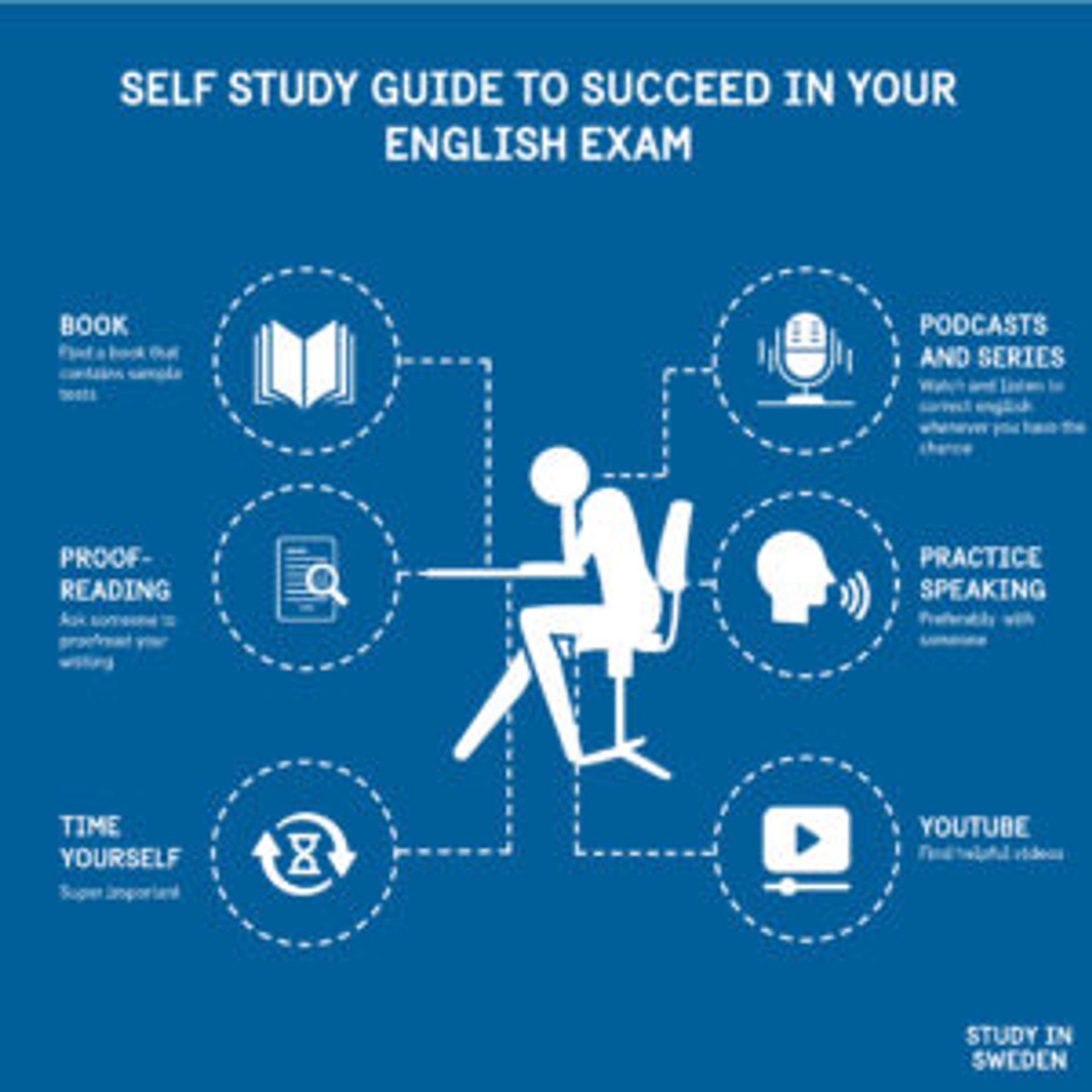
Written by Lara
14 Nov 2020
Studying for your English exam can be stressful, especially if your score is an admission requirement. BUT, with some determination and the right tools in hand, you are likely to succeed and get your desired score. Here is my self-study guide and the tools that I used to get to my target score.
Before we start, it is important to understand that each and every one of us is at a different linguistic level. The first thing you should do is to take a practice test to assess your level. I personally needed two months for studying and succeeded the first time I took the exam. However, some of my friends studied for longer or shorter periods and took the test once or a couple of times.
1. Get yourself a book
Finding a book that contains sample tests is quite easy. I personally used the most recent Barron’s TOEFL iBT (internet based test). It contained exercises, sample tests, and downloadable audio.
I started practicing sample tests whenever I had the chance. I also took my book to my favorite coffee shop where I could practice with some background noise. Keep in mind that on the day of the test, other people might be in the room, taking their speaking section, or making some noise. You have to able to keep focused and keep yourself on time. The test has strict time limits for each section.
Keep in mind that timing is very important. Start monitoring your time early in your preparations!
2. Listen to podcasts and watch series
We sometimes underestimate the time we spend commuting every day. Try to make use of that time whenever you have the chance and listen to English podcasts. I personally found “the TOEFL Podcast” by Paul Austin very useful. However, you can find a wide range of English podcasts.
Series were also helpful. Exposing yourself to correct English can help you improve drastically and is a very fun way to step up your English game.
3. Practice your speaking with someone
The speaking part of the exam can be quite stressful. Answering questions alone in a closed room can be helpful, but having someone listen to you is much more fruitful in my opinion. They would be able to assess your answers and track your time. If you can’t find someone to practice with, I would suggest you record your answers and listen to them.
You can find a lot of speaking questions online. Practice as much as you can, and do not forget to keep your answer within the time limit.
4. Get a friend to proofread your writing
It is always helpful to get someone to read your texts. External opinions will help you improve faster. They will make sure that your paragraphs actually makes sense, and is answering the question itself. You might want to look into “connective words in English” and their use. It helped me a lot with my writing.
Finally, I found some useful YouTube channels. Such as TST prep or linguamarina, where I found several tips and tricks for the exam. I also saw some that address the new version of the test. You can easily Google your way to new sources.
My final tips for you would be to first, time yourself (I can’t stress that enough) and secondly, to not memorize a lot of sample responses. You can use some short phrases if it makes you feel better but make your answers sound spontaneous.
I wish you the best of luck on your exam! YOU CAN DO IT!






